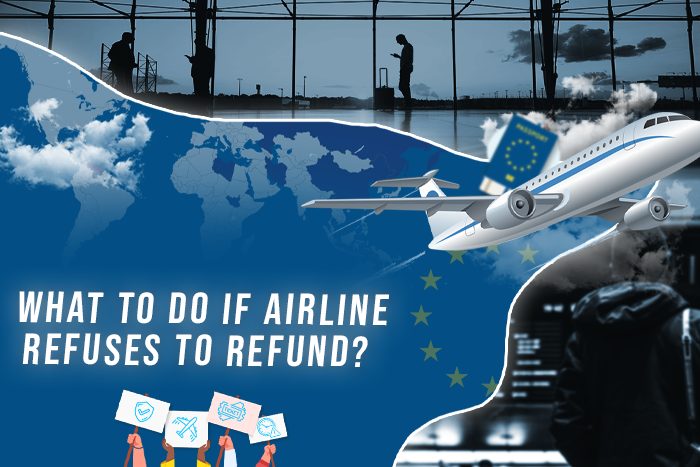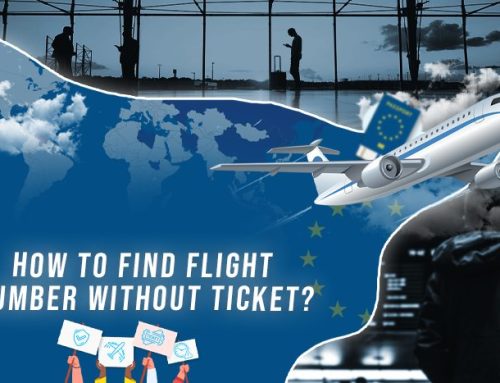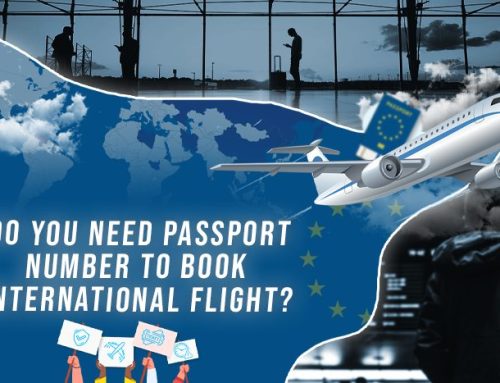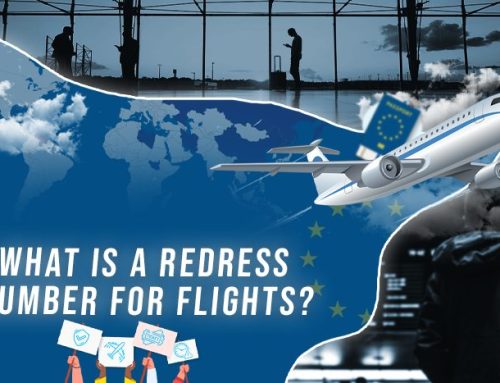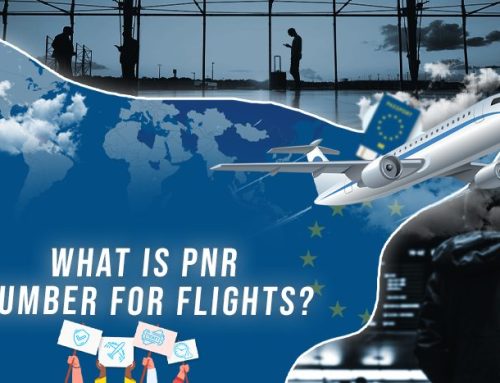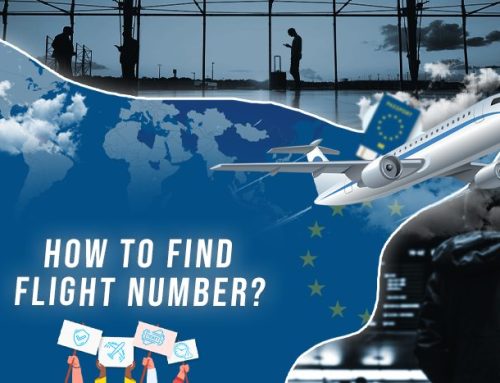Travel plans change, and there can be any number of reasons why you may want to get a refund from the airline for your ticket. Some circumstances warrant a refund, while others may disqualify you. Let’s explore these and what to do if you’re entitled to a refund, and the airline refuses. This article was updated in 2025.
Key Takeaways
- Check the fine print of your ticket to see if you purchased a refundable or non-refundable fare, as this will determine if you’re entitled to a refund.
- If an airline refuses to refund you and you believe you’re entitled to one, contact their customer service and ask for documentation about why your claim was denied. If necessary, escalate the issue and file a claim against the airline.
- While air passenger rights are protected in Europe under EC 261 and similar regulations, the United States doesn’t have the same protections in place. This means that travelers may have less recourse if an airline unfairly denies their refund.
Am I Entitled To A Refund?
If you’re looking at your ticket, check the fine print. It should say if you purchased a refundable or non-refundable fare. If you had a refundable ticket, you should be in the clear, regardless of the situation surrounding your cancellation. If your ticket was non-refundable, there are some circumstances that could still qualify you for a refund.
- If the airline cancels your flight, you can request a refund for your flight. It is your choice if you want to rebook or not, and the airline is required to refund you.
- If the airline delays your flight significantly, you can request a refund. US law is loose with what qualifies as a significant delay, while EU law has clear stipulations under EC 261.
- If the airline bumps you to a lower class, they need to pay you the difference in fares.
There are other circumstances where you could get a partial refund. For example, if you paid for in-flight wifi but the service was unavailable, they should refund you. If they lose your baggage, the airline should refund you for any baggage fees and reimburse you for your possessions.
Unfortunately, there are circumstances that do not qualify for a refund, including non-refundable fares, personal issues, and bad service experiences. It is up to the airline’s discretion if they want to offer a refund in any of these cases. They can, but they are not required to.
Depending on where you’re traveling, you may or may not qualify to have incidental expenses reimbursed. There are no protections under US law, but Brazilian ANAC 400, the Montreal Convention, and EC 261 includes provisions that protect you against unanticipated costs.
What If I’m Denied A Refund?
Just because an airline is required to offer a refund doesn’t mean that they always will. You have a few steps that you can take if you are entitled to a refund.
- Contact the airline’s customer service. The more documentation you can provide, the better. It will help make your case. Be clear in your request for a refund. Some will try to push a travel voucher, but you are entitled to getting cashback if you want it.
- If they refuse, ask the airline to provide documentation about why the claim was denied. If you believe it was unfairly denied, appeal the claim and ask to have your issue escalated.
- File a claim against the airline if they continue to refuse your refund. If you’re in the US, you can file a claim directly with the Department of Transportation, while other countries have different avenues.
- Keep calling. It can be frustrating but keep following up with the airline. Contact their customer service on all channels – phone, email, and social media. Often, the more persistent you are, the more likely you will get refunded.
Air Passenger Rights
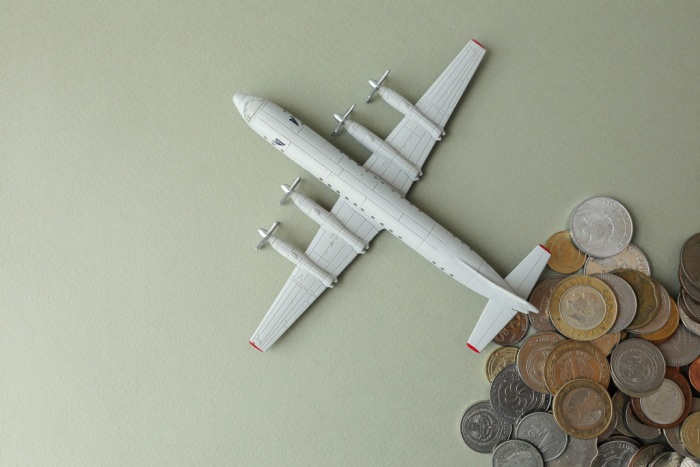
Air Passenger rights are protected while traveling in Europe under EC 261. If your flight is delayed or canceled, you are not just entitled to a refund of your original fare. You can also claim additional compensation depending on your flight length. There are similar regulations in place that help protect international travel, including the Montreal Convention and Brazilian ANAC 400.
Unfortunately, if you’re traveling in the United States, these laws don’t apply. You have less recourse if the airline unfairly denies your refund.
Frequently Asked Questions
-
What should I do if an airline refuses to refund my ticket?
First, contact the airline’s customer service and provide documentation of your situation. If they refuse to refund you, ask for documentation of why the claim was denied. If necessary, escalate the issue and file a claim against the airline.
-
What circumstances qualify for a refund from an airline?
If the airline cancels your flight, delays it significantly, or bumps you to a lower class, you can request a refund. Other circumstances, such as lost baggage or unavailable in-flight wifi, may qualify for partial refunds.
-
What if I have a non-refundable ticket?
Non-refundable tickets may not be eligible for refunds in some cases. However, if the airline cancels your flight or delays it significantly, you may still be entitled to a refund.
-
Are air passenger rights protected in the United States?
While air passenger rights are protected in Europe under EC 261 and similar regulations, the United States doesn’t have the same protections. This means travelers may have less recourse if an airline unfairly denies their refund.
-
Should I keep following up with the airline if they deny my refund?
Yes, it’s a good idea to keep following up with the airline on all channels – phone, email, and social media. The more persistent you are, the more likely you will be refunded.
